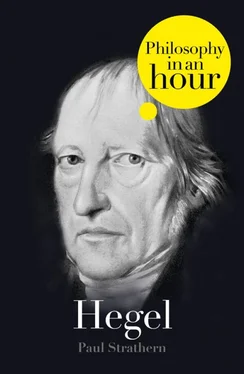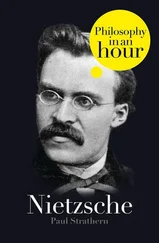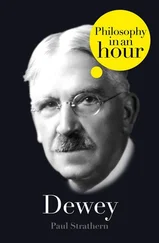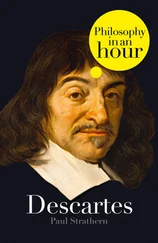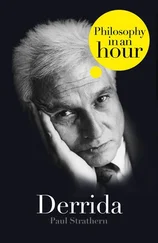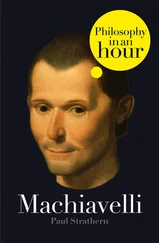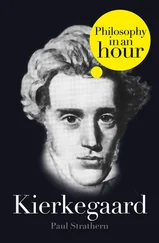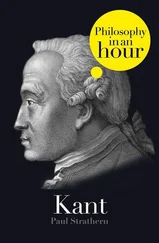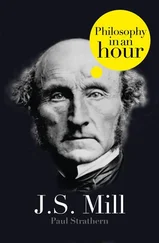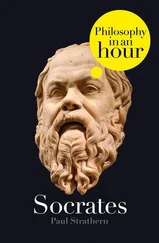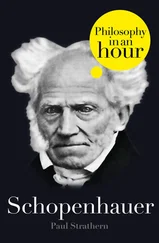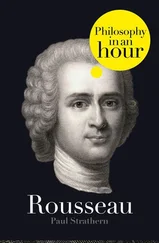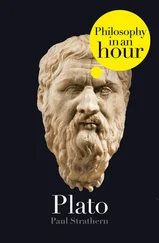His response to the spectacular local Alpine scenery provides a curious psychological picture. ‘I seek to be reconciled with myself, and with other men, in the arms of Nature’, he wrote. ‘For this reason I often fly to this true mother, to isolate myself from other men in her company. She enables me to protect myself from them, and prevent any covenant with them’. Yet for him the sublime Alpine peaks were ‘eternally dead’ while he saw a waterfall as the very image of freedom and play, eternally moving forward. The psychologist Scharfstein has suggested that the bleak mountain peaks evoked for Hegel ‘the painful immobility of depression’ and that the waterfall represented ‘the pleasure of release from it’. Whether or not this represents psychological insight or interpretive overkill, Hegel certainly suffered from severe bouts of depression during this period, an affliction that probably lasted throughout his life. (Both his prose and his portraits would seem to confirm this.)
Under the influence of his hero Kant, Hegel now wrote a number of religious treatises critical of Christian authoritarianism, and a Life of Christ which treated Jesus as an almost wholly secular figure. In this work Jesus’ explanations of Christian doctrine often bear an uncanny resemblance to the words of Hegel’s hero – the Galilean’s profound simplicities undergoing a painful transformation into the serpentine ponderousness of Prussian philosophising. Kant had based his moral philosophy upon his so-called categorical imperative: ‘One should act only in accordance with such a maxim as one would simultaneously will should become a universal law’. This plainly derives from Jesus’ ‘Do unto others, as unto yourself’. Hegel’s game attempt to emulate Kant ended up with Christ saying, ‘What you can will to be a universal law among men, and also hold as a law for yourself, according to that maxim you should act’. Hegel’s version of Jesus was down to earth in both style and content, a spiritless transmogrification which he came to regret. (This book was never published in his lifetime, and in later years he attempted to destroy all copies of it.)
In 1796 his friend Hölderlin secured him a tutoring job in Frankfurt, where the poet was living at the time. But when Hegel arrived he found that Hölderlin was deliriously in love with a banker’s wife whom he believed to be the incarnation of ancient Greece, and once again Hegel found himself on his own. In order to distract himself from his increasing melancholia, Hegel studied even harder. During the little free time he allowed himself, he began composing excruciatingly depressive poems in ill-constructed meter:
‘A wise law forbad poorer spirits from making known
what he in holy night has seen, heard, and felt
so that his higher self be not disturbed in contemplation by their noisy nonsense,
so that their twaddle not provoke his anger towards Holiness itself,
so that the Holy not be trodden so in dirt…’
Hegel’s forte was ever the prosaic, despite his equivocal attitude toward ‘noisy nonsense’ and ‘twaddle’.
In the midst of these solitary years Hegel experienced some sort of profound mystic vision. This appears to have been in the form of an insight into the divine unity of the cosmos, where all finite division was seen as illusory, everything was interdependent, and the ultimate reality was the whole. Hegel had been reading the seventeenth-century Jewish pantheist Spinoza during this period, and Spinoza’s philosophy seems to have greatly influenced this vision.
Spinoza’s system was in many ways as daunting as Kant’s. It was constructed in the style of Euclidian geometry. Starting out from a few basic axioms and definitions, it proceeded by a series of theorems to build up an infinite system of extreme purity and rationalism. This universe-as-geometrical-system was God, and He alone was completely real. He (and thus the infinite universe of which He consisted) contained no negation and was ruled by absolute logical necessity, as in Spinoza’s proofs. The negative, evil, finite, and accidental world seen by humanity was due to our nature as finite beings who were able to grasp the absolute necessity and true reality of the infinite whole.
As a result of his Spinozistic vision, Hegel decided to abandon such distractions as poetry, blasphemy, and keeping a diary in the form of an encyclopedia. Instead he would devote himself entirely to philosophy. From now on Hegel was to spend the rest of his life articulating his mystic vision of the cosmos and giving it a rational intellectual basis. The result would be his own all-embracing system.
From the outset this system was to bear many resemblances to Spinoza’s – apart, of course, from geometric clarity. When it came to presentation, Hegel still favored the Kantian approach: monumental obfuscation. But it was Spinoza who had shown Hegel how to break free of Kant’s overwhelming influence. Kant’s was not the only possible philosophic system.
In 1799 Hegel’s father died, and he was left a small inheritance – of $1,500, according to Durrant, which means it may have been 1,500 thalers (from which the word dollar derives). Hegel now had just enough to live on, and he wrote to his friend Schelling asking if he could recommend a German city where Hegel could live cheaply – one with a simple local cuisine, a comprehensive library, and ‘ ein gutes bier ’ (a drinkable draft). At the time Schelling was the precocious star professor of the University of Jena, and he immediately encouraged Hegel to join him. (Unusually for philosophers, it appears that neither of them had good taste in beer. The local beer I tasted in Jena was certainly not in the Bundesliga of Great German Beers. I was later ominously informed that it originated from the local hospice.)
Конец ознакомительного фрагмента.
Текст предоставлен ООО «ЛитРес».
Прочитайте эту книгу целиком, купив полную легальную версию на ЛитРес.
Безопасно оплатить книгу можно банковской картой Visa, MasterCard, Maestro, со счета мобильного телефона, с платежного терминала, в салоне МТС или Связной, через PayPal, WebMoney, Яндекс.Деньги, QIWI Кошелек, бонусными картами или другим удобным Вам способом.
